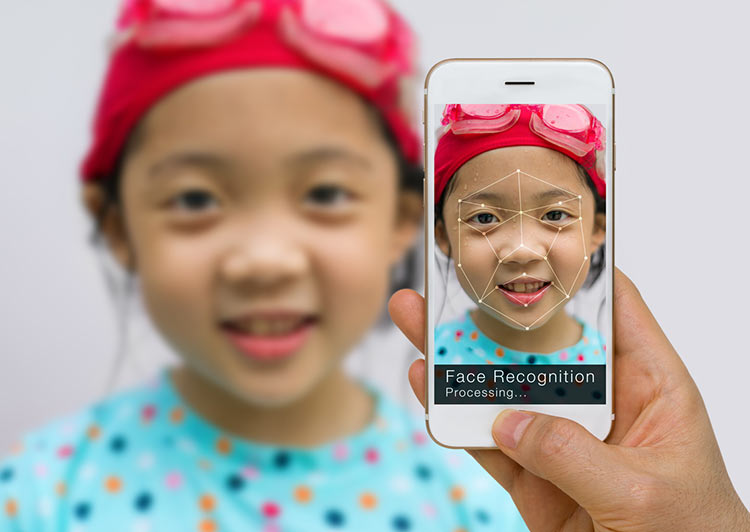Apple’s launch of Face ID, which encompasses facial recognition as a form of security, highlights the shift in security culture that we have seen amongst consumers in recent years. Where biometric solutions were once deemed futuristic and unsafe, it is now commonly accepted that neither using a combination of symbols, numbers and letters nor changing passwords periodically can keep accounts safe from cyber threats.
Passwords and PIN numbers are becoming a thing of the past as they can be copied, stolen, guessed or shared easily. Now thanks to biometrics, customers and businesses alike have a far more secure choice of authentication and verification.
Big day for Apple iphone fans
Although thumbprints and facial recognition are a good starting point in introducing consumers to biometric methods, a key area for the future of biometrics is palm vein. This technology combines the convenience of a contactless sensor with biometric security, and uses near infrared technology to scan over 5 million reference points of the internal vein pattern of an individual, thus making it extremely secure.
Whilst not currently available on smartphones, palm vein continues to be deployed across the globe for applications such as patient ID and verification in hospitals, financial transactions at ATMs, physical access in smart buildings, cashless payments and as a secure login to core applications such as banking platforms.
Apple’s biggest event to showcase its new launches
For users, the system is more convenient and faster than typing a password – with identity verification usually completed within one second. Each palm vein pattern is unique and it stays the same throughout a person’s life.
While biometric adoption won’t happen overnight, the proliferation of biometric technologies in consumer devices, such as the Apple iPhone, will result in consumers becoming more familiar and comfortable with the technology. As such, biometric verification of identity on a personal device will, in one way or another, become a standard identification process.
Ollie Hayler is Business Development Lead – PalmSecure & Surient at Fujitsu Cyber Security

